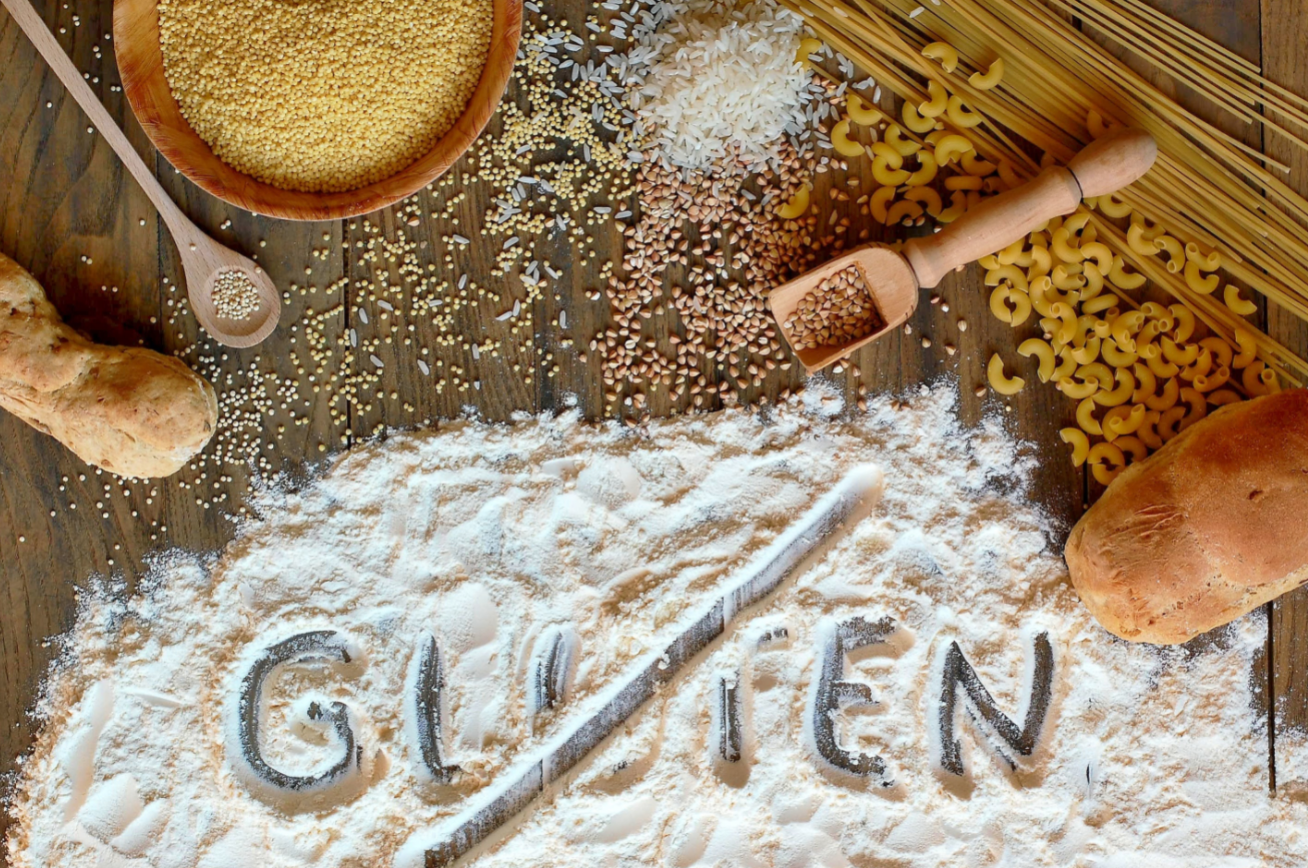
28 September 2021
Gluten – a taboo ingredient in Hashimoto’s disease?
What role Gluten plays in Hashimoto’s?
The Effect of Gluten-Free Diet on Hashimoto
What is gluten?
Gluten is a protein present in cereals such as wheat, rye, barley and oats, which can be contaminated with it. It is responsible for the elasticity and texture of products everybody loves. Despite its undeniable benefits, it may not be advisable for patients struggling with Hashimoto’s disease. Why?
Negative effect of gluten
It turns out that gluten proteins ‘ behave’ similarly to the antibodies characteristic of Hashimoto’s disease. These antibodies attack our thyroid gland and increase inflammation in the body. Additionally, many Hashimoto’s patients suffer from another autoimmune disease – i.e. celiac disease. Both diseases coexist with each other, exacerbating each other’s symptoms. For this reason, many patients seek the answer to their health problems in a gluten-free diet. However, are there any studies confirming its effectiveness?
The influence gluten-free diet has on Hashimoto’s disease
Research studies have examined the effectiveness of a gluten-free diet in patients with Hashimoto’s disease and coexisting celiac disease or elevated antibodies indicative of celiac disease. On this basis, the effectiveness of a gluten-free diet in these patients. It was manifested by a decrease in disease-specific antibodies and improvement in thyroid function. A visible effect of such changes is a better mood of the sick person.
Should gluten be eliminated?
The answer to this question is a very individual matter. There are conditions which require the elimination of gluten, as such intervention contributes not only to the improvement of well-being, but also to the reduction of antibodies characteristic of Hashimoto’s disease. On the other hand, the elimination of gluten by some patients may be totally ineffective and, in addition, cause many negative complaints – through nutritional deficiencies, to the exacerbation of symptoms from Hashimoto’s disease. Before you decide to use this diet in your therapy, you should definitely check the ‘Programme’ tab. You will find our recommendations there, an overview of the scientific research on this topic and also much knowledge regarding the guidelines for following a gluten-free diet and how to avoid nutritional deficiencies.
Would you like to find out how and when to use a gluten-free diet. We will soon be able to help you with this in our ‘Step by Step to Remission programme’.
We will teach you everything about the thyroid gland in an interesting, unconventional and interactive way. What’s more we will guide you through the most important healthy lifestyle issues and habits. We will lead you to a significant improvement in your well-being. We guarantee that this will have a beneficial effect on your quality of life and health.
Don’t wait and download the Hashiona app now!






